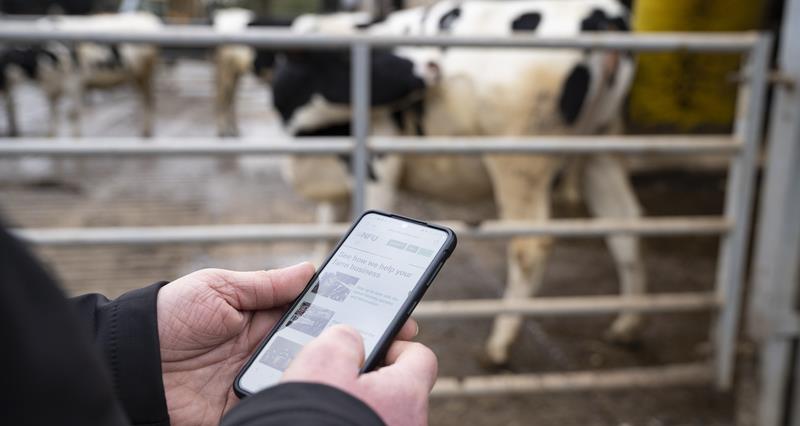What are the changes to landlines?
Currently, most home phone landline connections work through an analogue, copper wire connection to the home.
By the end of 2025, this type of landline connection will be switched off across the UK, by which time all home phone connections will work over the internet.
For most people, this will simply mean that the phone will plug into their internet router rather than at the telephone port in the wall.
Where adapters or other steps are required, your service provider will offer advice or engineers to help you make the switch.
VOIP connections
This stands for 'Voice Over Internet Protocol'. This type of phone connection uses an internet connection rather than the copper wire to make calls.
BT's name for its VOIP system is 'Digital Voice'.
When will the changeover happen?
The changeover will happen first for homes with a full fibre connection, before being rolled out to the rest of the country.
Your phone provider will contact you with information before any changes take place, and vulnerable phone users will be offered additional support.
If you’re still unsure about the switch-off, contact your phone provider to ask further questions and get more support.
Supporting rural communities
Relying on a broadband connection for calling creates a vulnerability to power outages.
In most cases, mobile signal provides a backup in case of emergency, however, in areas of poor mobile signal, a battery back-up is expected be offered to customers so that during a power outage, emergency calls can still be made on the household phone.
The NFU is also working with BT and other providers to ensure that rural communities are not left without sufficient support and access to working home phones in any emergency situations and continue to press the importance of rural mobile access to industry and government.
3G mobile phone network switch-off
Three of the main four mobile providers in the UK, Vodafone, Three, and EE, have announced they will be removing their 3G infrastructure by the end of 2024.
At present, O2 have not announced whether they will be closing down their 3G services.
Virtual networks, such as giffgaff, Tesco Mobile, Sky Mobile, and Virgin Mobile, make use of one of the big four networks. Their 3G services will end in line with their parent network.
If you use one of these providers, please check with them individually to see whether they will be ending their 3G service.
What does the end of 3G mean?
Mobile providers are switching off their 3G networks to make room for the more 4G and 5G connections. These connections give customers much faster and reliable connectivity to their mobile services.
3G accounts for a small proportion of calls and a negligible proportion of mobile data usage in the UK. 3G has a geographical coverage much smaller than the 4G network, meaning it will only be in very rare cases that a 3G area is not also covered by 4G.
The 2G network provides a safety net for current users of 3G for calls. Very few people rely on 3G for data due to the extreme slow speeds which have led to increased 4G and 5G use in the past decade.
Will I be affected by the 3G switch off?
When the 3G network is turned off, anyone using a device which cannot access the 4G network will continue to be able to make calls through the 2G network, which has the best geographic coverage of all.
For most people the change will not be noticed, but people on historic 3G plans may be offered an upgrade by providers to give them access to the faster 4G or even 5G networks.
The Shared Rural Network, a programme to ensure coverage of rural areas with 4G by 2025, is not affected by the 3G turn-off.
Rural areas to get increased 4G coverage
The Shared Rural Network is a public-private partnership aimed at increasing the coverage of 4G in rural areas. As part of this, the network receives £500 million of UK government funding.
The programme works to tackle spots where coverage is only provided by some mobile network operators as well as looking at areas where no operator has coverage. The government has announced that £184m of the funding will be made available to the Home Office and mobile network operators to upgrade masts which were built as part of the emergency services network to make them usable by commercials mobile operators.
The funding will help eliminate 'total not-spots' where there is currently no coverage. These spots tend to exist in natural parks and Areas of Outstanding Natural Beauty which previously had limited opportunities for 4G coverage, but will now see improvements as a result of the move towards utilising emergency masts.
There are 86 sites under consideration for upgrade in Wales and 83 sites in England. Around 40% of these have already begun to move through internal processes at Building Digital UK.
